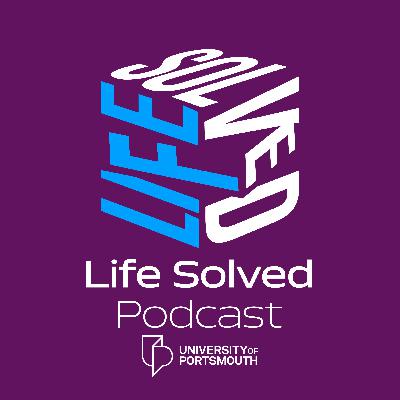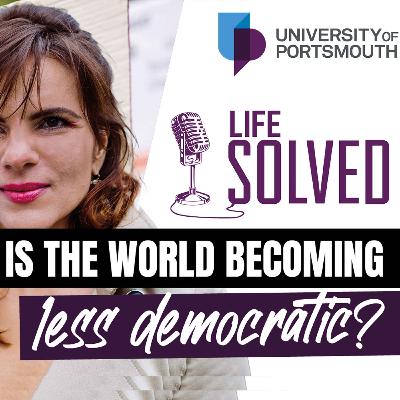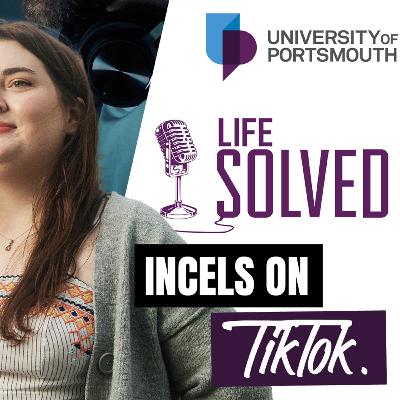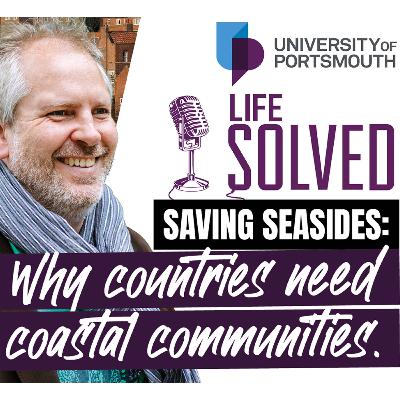
Life Solved
Author: University of Portsmouth
Subscribed: 57,564Played: 251,162Description
LIFE SOLVED lifts the lid on the latest ideas and discoveries that look set to change our lives.
Every week we’ll bring you a fresh episode featuring cutting-edge research. Find out how this is set to revolutionise the way our world works. We’ll explain how technology and community go hand in hand with the natural world, and how industry and sustainable environments can connect for the benefit of society.
Real research. Real world change.
From your subconscious political behaviour on social media to how we can use tech to get swift diagnosis and treatment for common medical problems, the big ideas are here.
Subscribe for a new episode every week, and share the big idea #lifesolved
You can find out more about research taking place at the University of Portsmouth at port.ac.uk/life-solved.
Hosted on Acast. See acast.com/privacy for more information.














thanks Masha you describe everything very good 👍
great podcast.